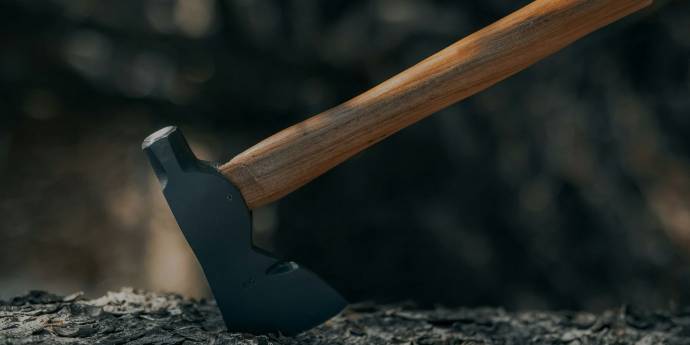Surbhi Luthra: “I found my inner voice”
Scholarship fund recipient Surbhi Luthra sits on a health sector board and fell into governance but says it’s her way of giving back.

Many community fundraising efforts have a billboard somewhere with a thermometer tracking progress. They are usually bright red with cheerful smiles encouraging donations.
We could create the same for job losses in the public service, except it should be blue and decorated with ice crystals given the chilling effect so many redundancies are having on the capital and beyond.
It’s that ‘beyond’ I think we need to dig into.
The Productivity Commission in its 2015 report on social services stated that the Ministry of Social Development spends 20 percent of its budget on contracted social services. If that proportion is the same today that’s about $8.6 billion.
That’s a chunk of cash going into your local community. And that’s only one government department. Many others contract for services as well.
It’s likely going to social service providers who are not-for-profit, charitable community organisations. Some will be large and national; others will be small and local. It’s your local budget advisory service, or refuge or food bank.
Oranga Tamakiri has confirmed it will be delivering savings through its ‘contracted spend’. Other agencies are likely to do the same despite assurance from key ministers that they want to fund more community-based services and not cut front-line services.
There is no doubt the contracted spend can be more effective. That Productivity Commission report outlined pages of (unactioned) recommendations on how to fix the institutional arrangements that distribute those billions of dollars. Simply cutting spend and not tackling the underlying concerns about how it is done won’t deliver the impact ministers are after.
It also means the half a million of us board members of these community organisations need to step up our strategic thinking, especially those reliant on government contracts.
The natural reaction for many boards facing uncertainty and threats to funding is to retreat, pull back on opportunities and vacancies, to wait and hope. Another common response is to try to diversify funding, by looking for more philanthropic grants or corporate sponsorships or donations for example. The problem is that every other board is doing the same.
This is the environment where we need to sharpen our strategic pencils. This is when we board members really earn our keep (despite most of us being volunteers).
I recommend boards take time together to identify very clearly what their organisation is the best at. This means asking and answering questions such as what do we do that no other organisation can do? It may be expertise in a specific service and skilled staff, it might be a trusted connection with a community, or a way of delivering that is particularly effective.
These conversations need to be as honest and as evidence-based as possible.
Doubling down on the things you are best at means you will likely make the most impact. Investing the time and resources to understand your impact will reap rewards for those you serve (and make your case more easily to funders).
If there are things your organisation is doing that you are not best at – that is, someone else is doing it better – it is perhaps only a matter of time before funders work that out. For these functions, boards can consider partnering with others or exiting such functions.
Working at the absolute front-line, community organisations are well-placed to understand what will work. Community organisations usually know first-hand how systems and policies create barriers and what is being implemented poorly. This is the ideal environment for boards to be proactive and suggest solutions to their funders and decision-makers, including officials, ministers, and philanthropic funders.
It’s a big ask for board members. It’s a tough gig. You are the often-invisible heroes in our communities, doing what is an often-thankless leadership role. For little or no financial recognition.
But please take a moment to think about your board’s current approach to strategy. Are you unintentionally waiting for the axe to fall, or are you proactively seeking opportunities to create maximum impact for those your serve?
This article first appeared on www.newsroom.co.nz and is republished with permission.
Jo Cribb is an experienced governor with more recent roles including the Royal New Zealand Navy, New Zealand Winegrowers and the New Zealand Media Council.